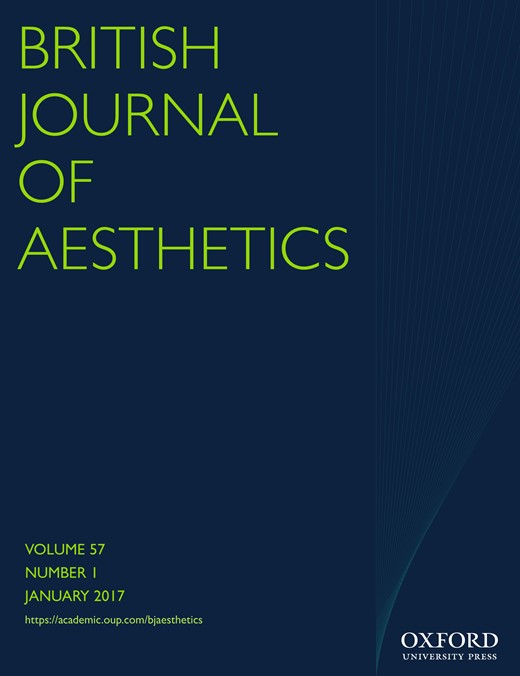-
Views
-
Cite
Cite
Mark Evan Bonds, Synopsis, The British Journal of Aesthetics, Volume 57, Issue 1, 1 January 2017, Pages 67–69, https://doi.org/10.1093/aesthj/ayw061
Close - Share Icon Share
Extract
At some point, debates about the ontology of music inevitably confront the idea of absolute music, either as a concept or as a repertory. If we want exemplars of the art in its most basic form, we typically turn to works for instruments alone, without a sung text and without verbal titles or headings that might suggest associations from outside the realm of music. This distinction between ‘pure’ music and—by implication—alloyed, ‘impure’ music continues to shape discourse about what music is and how we respond to it. And it is the history of that debate that I have sought to synthesize in Absolute Music: The History of an Idea.
That debate has enjoyed a particularly lively resurgence over the past thirty years or so in the pages of such publications as the British Journal of Aesthetics (most recently by Gregory Karl and Jenefer Robinson,1 and it is my hope that Absolute Music: The History of an Idea will provide greater historical context for this ongoing discourse.




